In a decision that has stirred debate across India, the Supreme Court has refrained from legalizing same-sex marriage, pushing the onus back to Parliament, much to the disappointment of LGBTQ+ rights advocates.
India’s Supreme Court Passes the Buck

India’s top court recently faced a momentous decision, grappling with the question of legalizing same-sex marriages.
In a ruling that may have far-reaching consequences, Chief Justice DY Chandrachud conveyed that the court couldn’t grant LGBTQ+ individuals the right to marry.
LGBTQ+ Future Uncertain
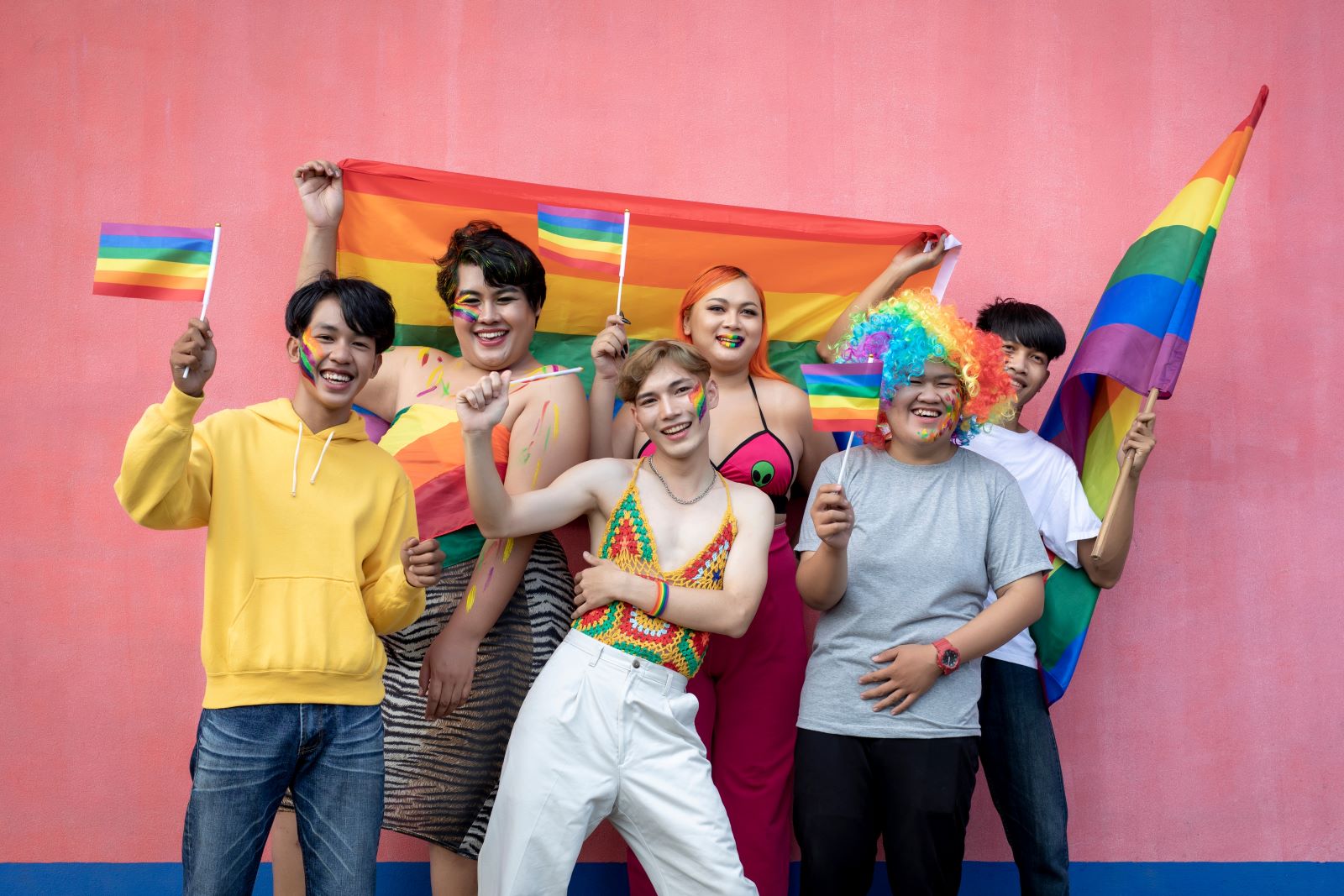
Instead, he argued that it’s Parliament’s prerogative to amend marriage laws to include queer unions.
The court’s verdict shifts the responsibility for this critical issue back to Parliament, leaving the future of LGBTQ+ unions in the world’s most populous country uncertain.
Complex Case
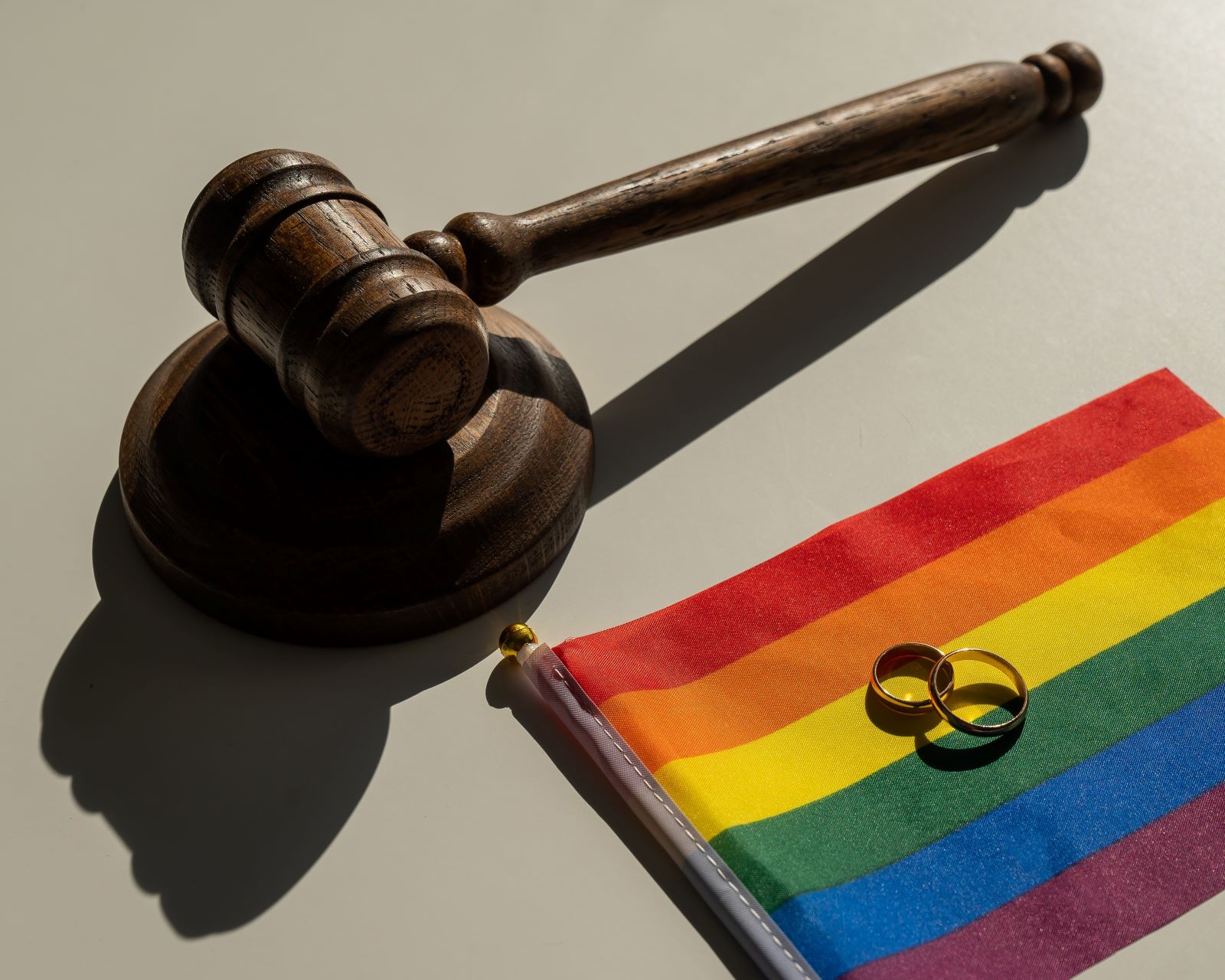
Justice Chandrachud highlighted the complexity of the issue by acknowledging differing perspectives among the justices.
While the judges unanimously agreed that same-sex marriage legalization fell within the legislative domain, they couldn’t reach a consensus on the extent to which it should be addressed.
The Petitioners

The court’s decision followed a series of hearings on 21 petitions advocating for same-sex marriage.
These petitions underscored the profound desire of the queer community to have their unions legally recognized. However, with the court’s ruling, that dream remains unfulfilled, at least for now.
Mario da Penha Speaks Up
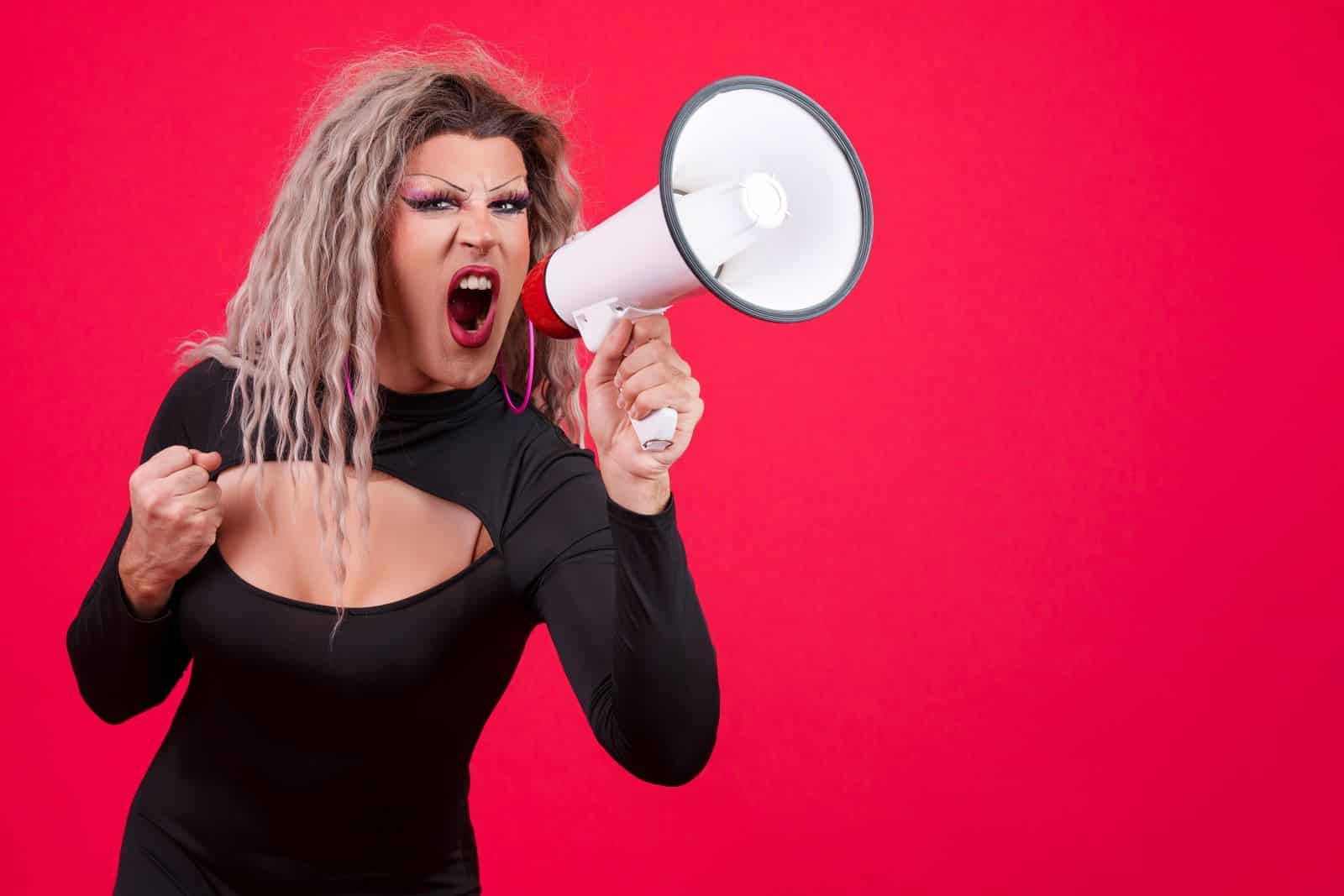
Mario da Penha, one of the petitioners, expressed a mixture of disappointment and hope. Da Penha said, “There’s been tremendous work that has gone into these petitions, and many hopes and dreams of the queer community attached to them — to lead lives that most other Indians take for granted. The fact that the dream could not come to fruition today is a disappointment for all of us”.
Unresolved Timeline Brings Questions
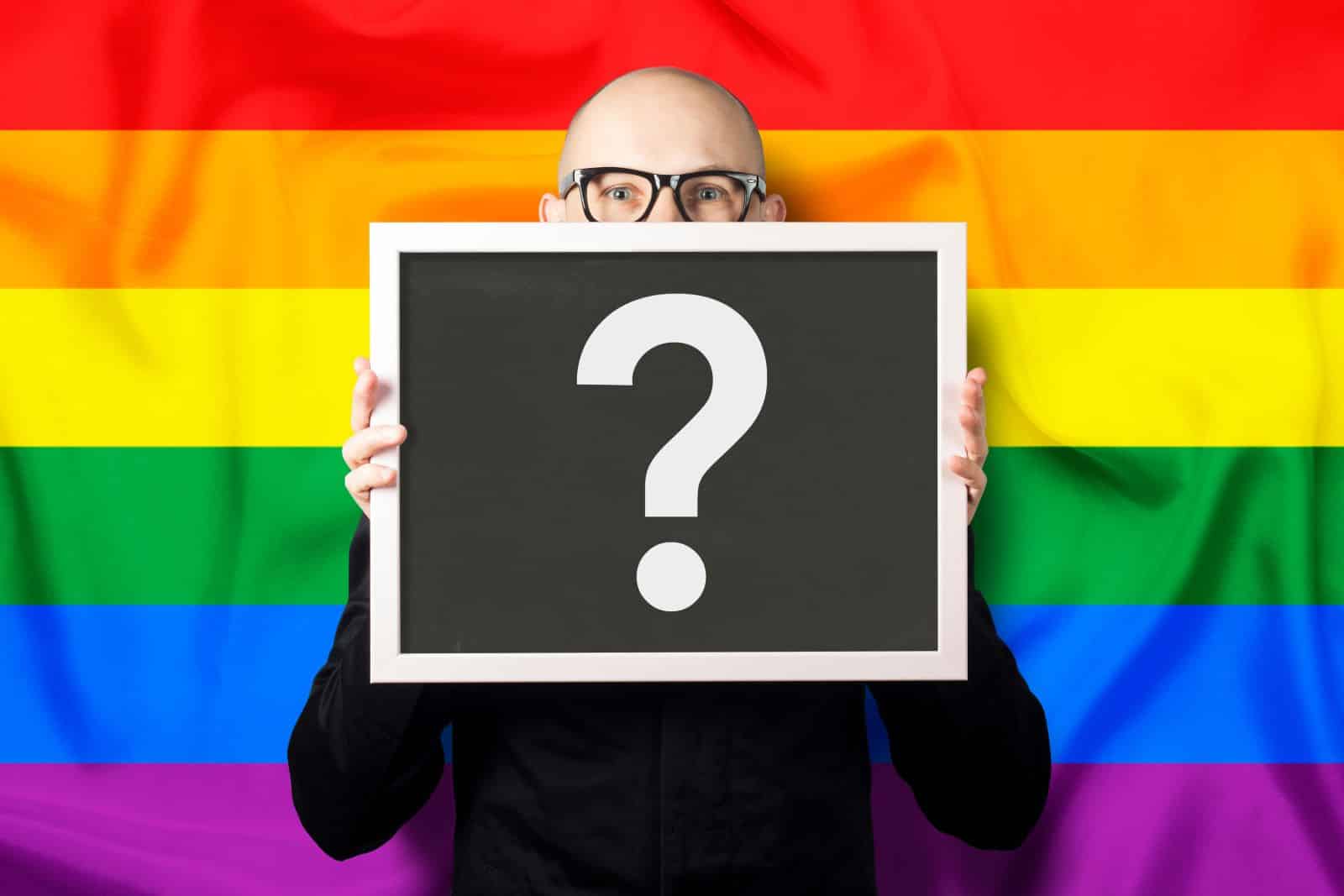
However, the court’s decision leaves the timeline and mandate for Parliament’s action unclear, possibly diminishing the pressure on lawmakers to enact legislation.
“Deeply Disappointing”
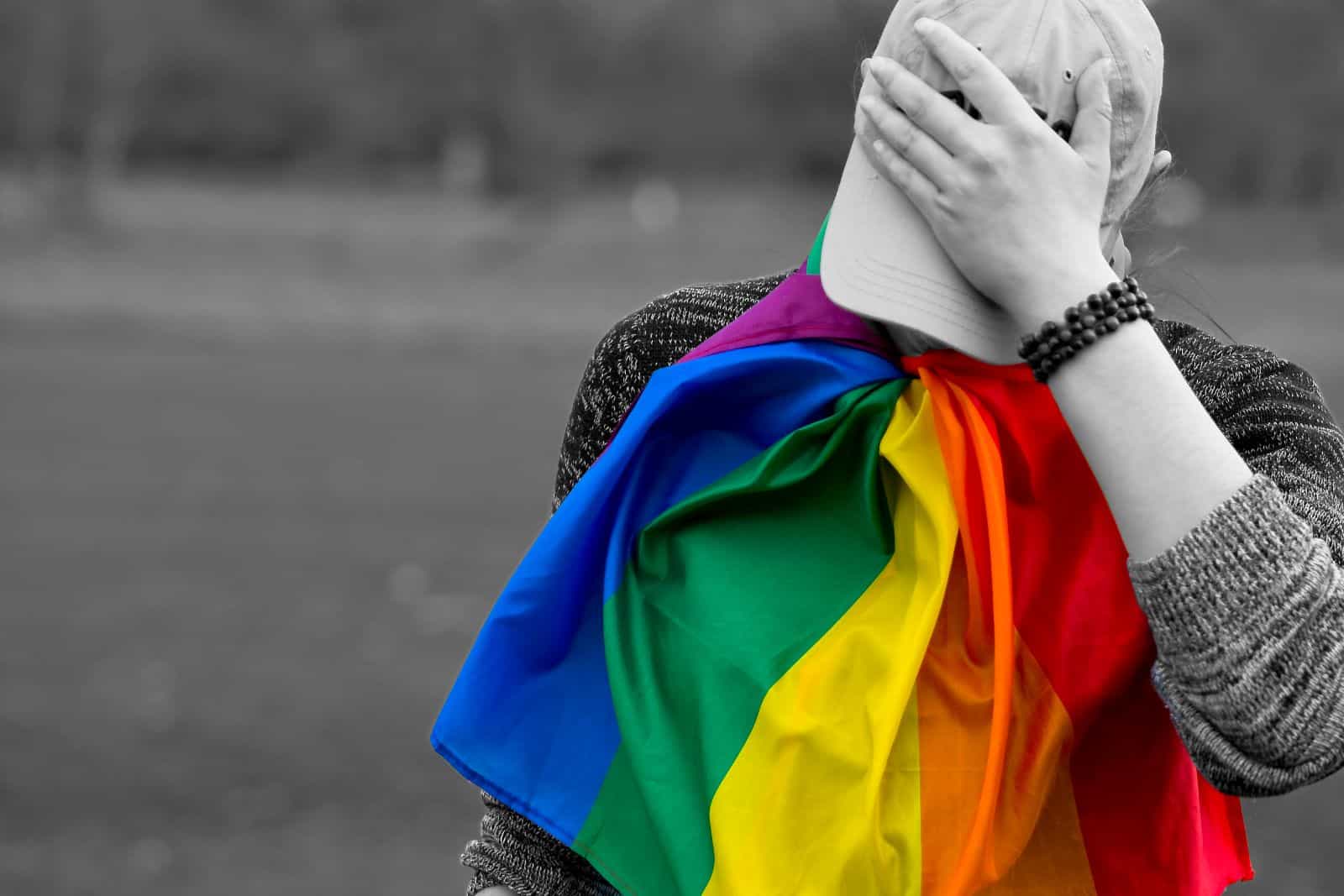
One of the petitioner’s lawyers, Karuna Nundy said, “There are queer couples today that are already families and in relationships, and are pillars of society. That they are not afforded the dignity and rights that they are due is deeply disappointing”.
A Decade of Legal Progress
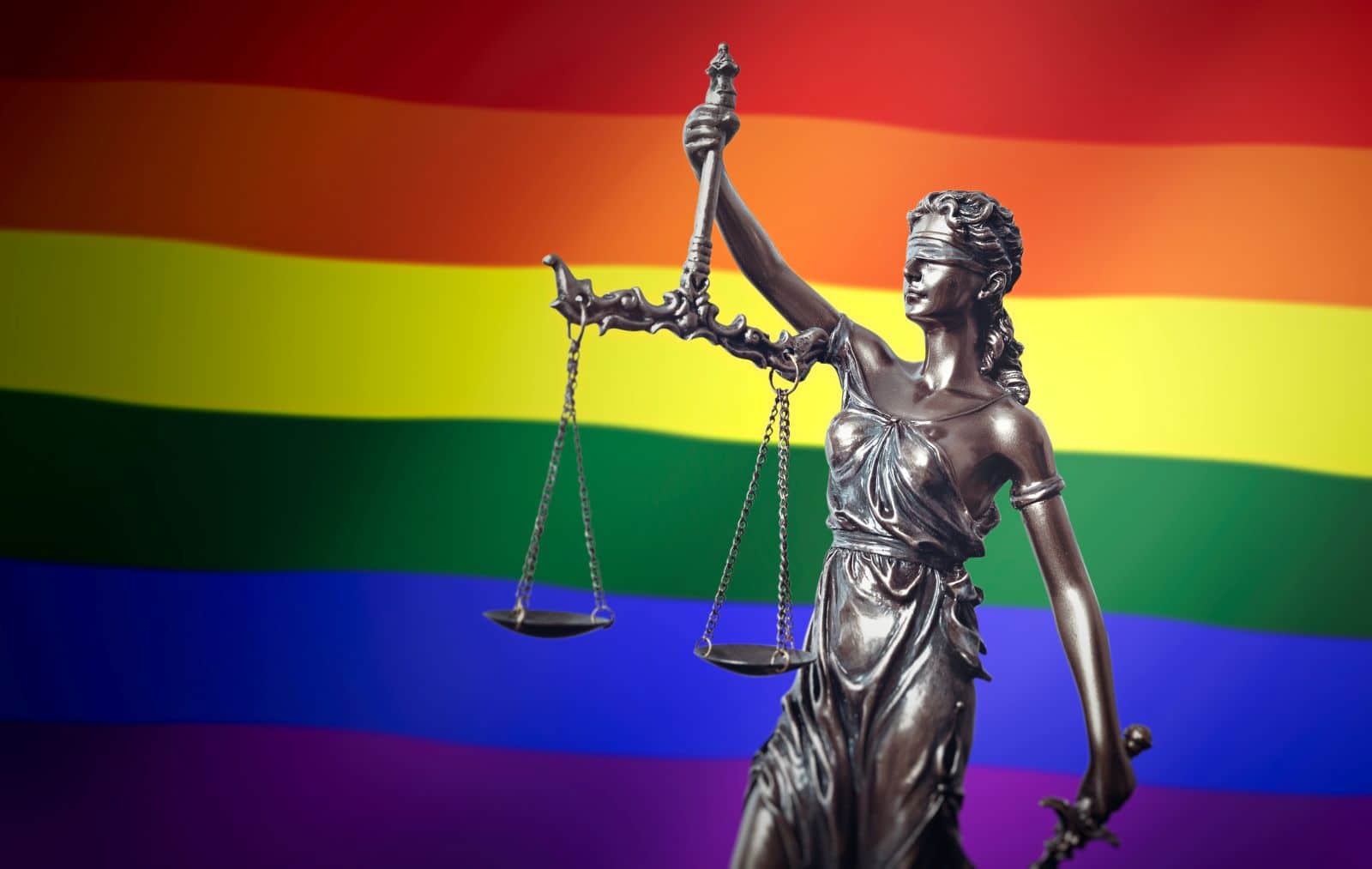
Over the past decade, legal rights for LGBTQ+ individuals in India have expanded significantly, largely due to interventions by the Supreme Court. In 2018, the court made a landmark decision to decriminalize gay sex, overturning a colonial-era law.
Decriminalizing Gay Sex
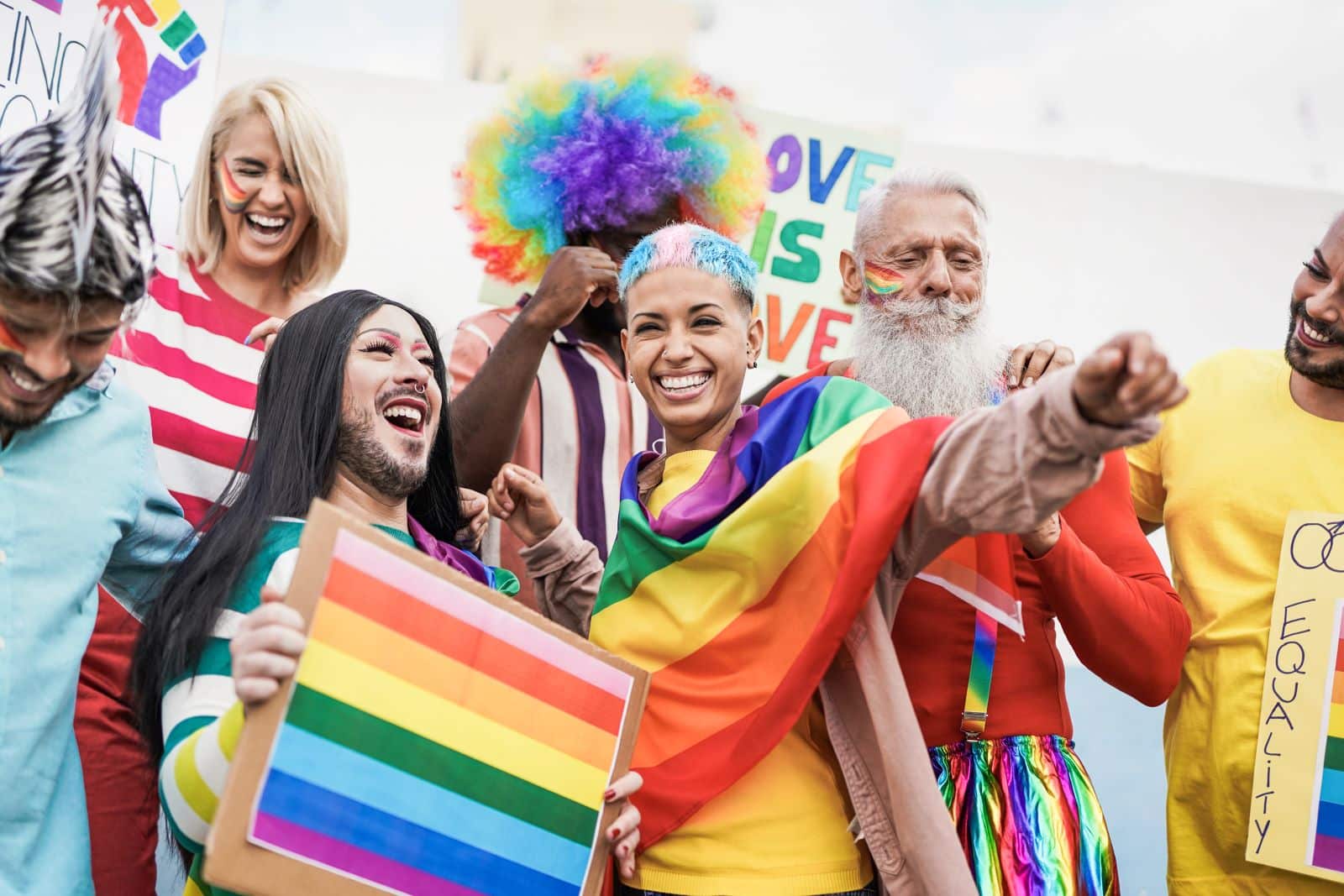
The law previously stated that gay sex was punishable by up to 10 years in prison. This ruling was a significant victory for LGBTQ+ rights in India.
Prime Minister Modi Anti-Gay
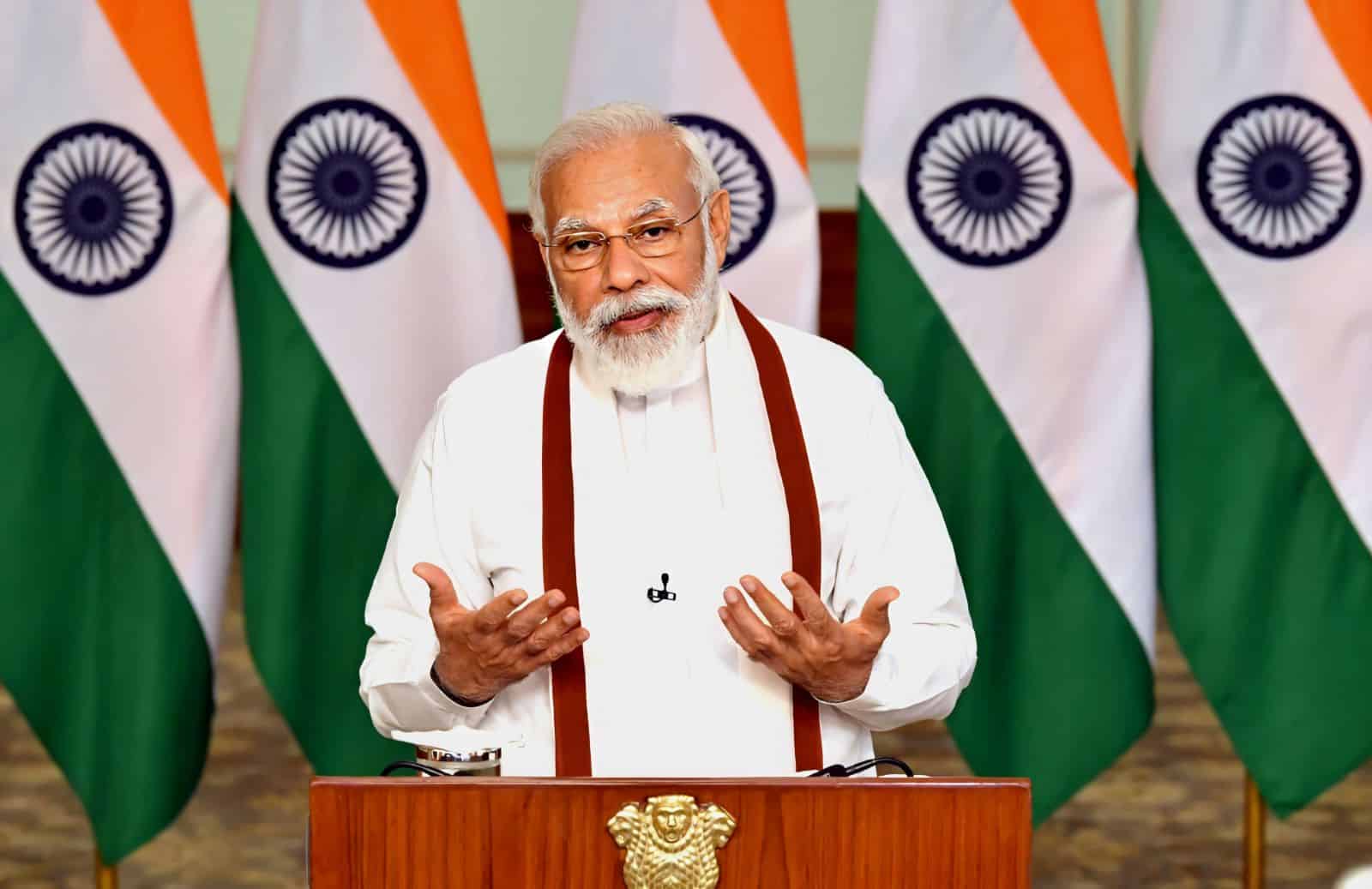
Despite this progress, India’s government, led by Prime Minister Narendra Modi, remained opposed to legalizing same-sex marriage.
The government’s stance during the hearings was based on arguments that marriage should be restricted to biological males and females.
Against Religious views
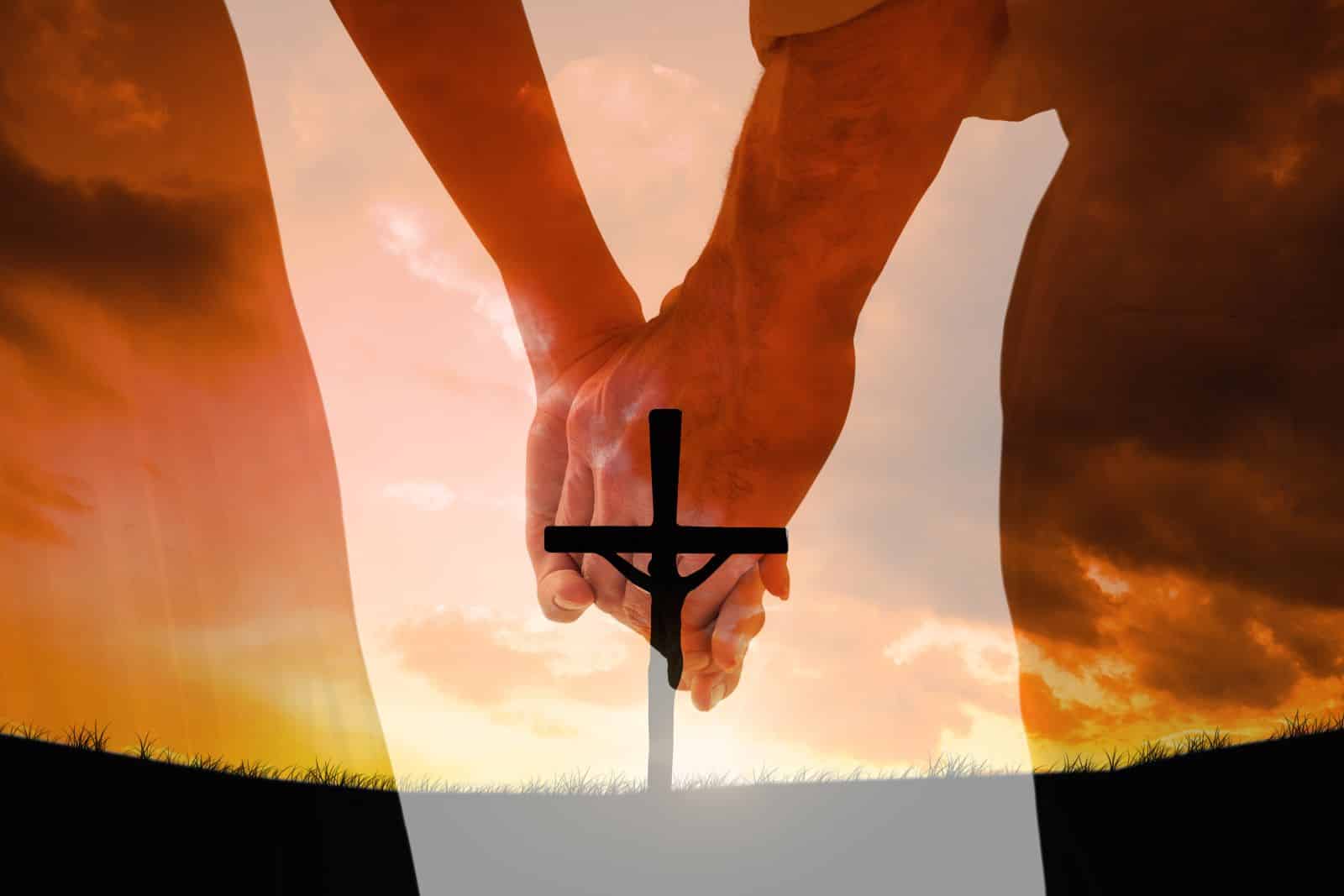
They also contended that same-sex unions contradicted religious values and were driven by “urban elitist views.”
Argument for Equality
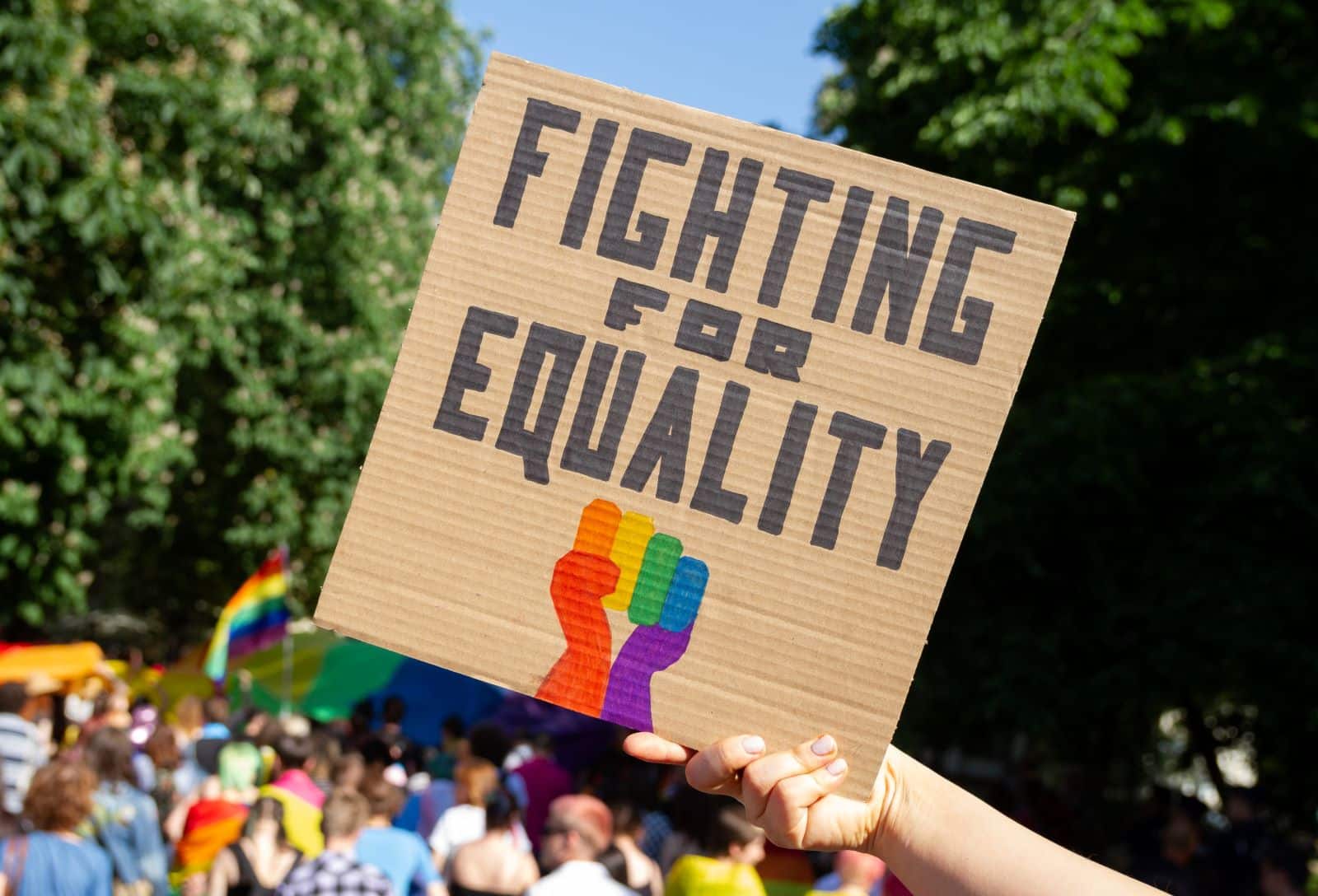
The legal debate focused on the definition of marriage, with petitioners emphasizing that marriage extends to two individuals, irrespective of gender.
They argued that denying same-sex couples recognition was a violation of constitutional equality rights, impacting various aspects such as adoption, insurance, pensions, and inheritance.
New Special Panel – Will it Be Enough?
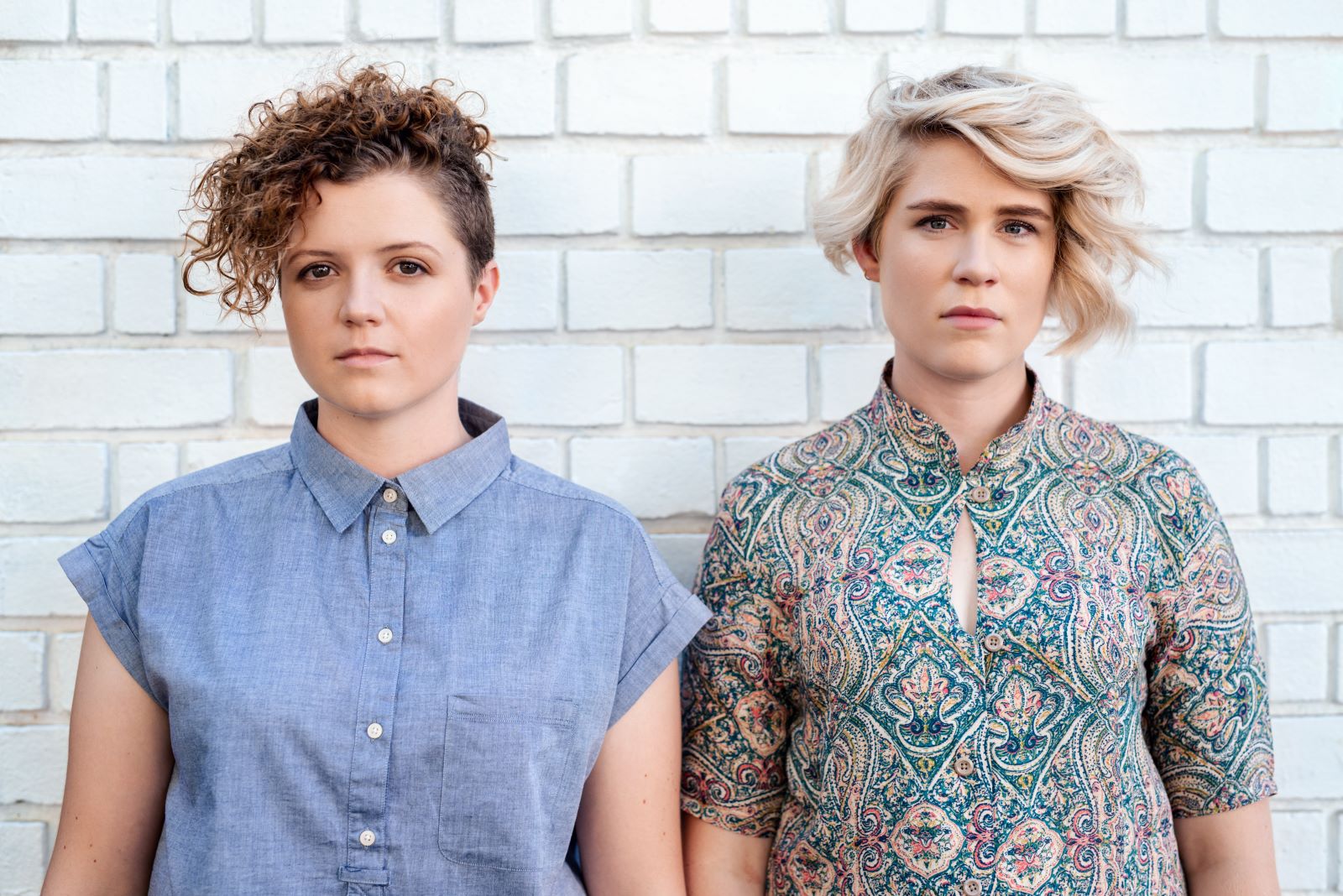
While the Supreme Court didn’t grant legal recognition to same-sex unions, it did accept the government’s proposal to create a special panel.
This panel’s mandate will be to examine the possibility of providing social and legal benefits to same-sex couples, a step towards addressing the challenges and discrimination they face.
Harassment Continues
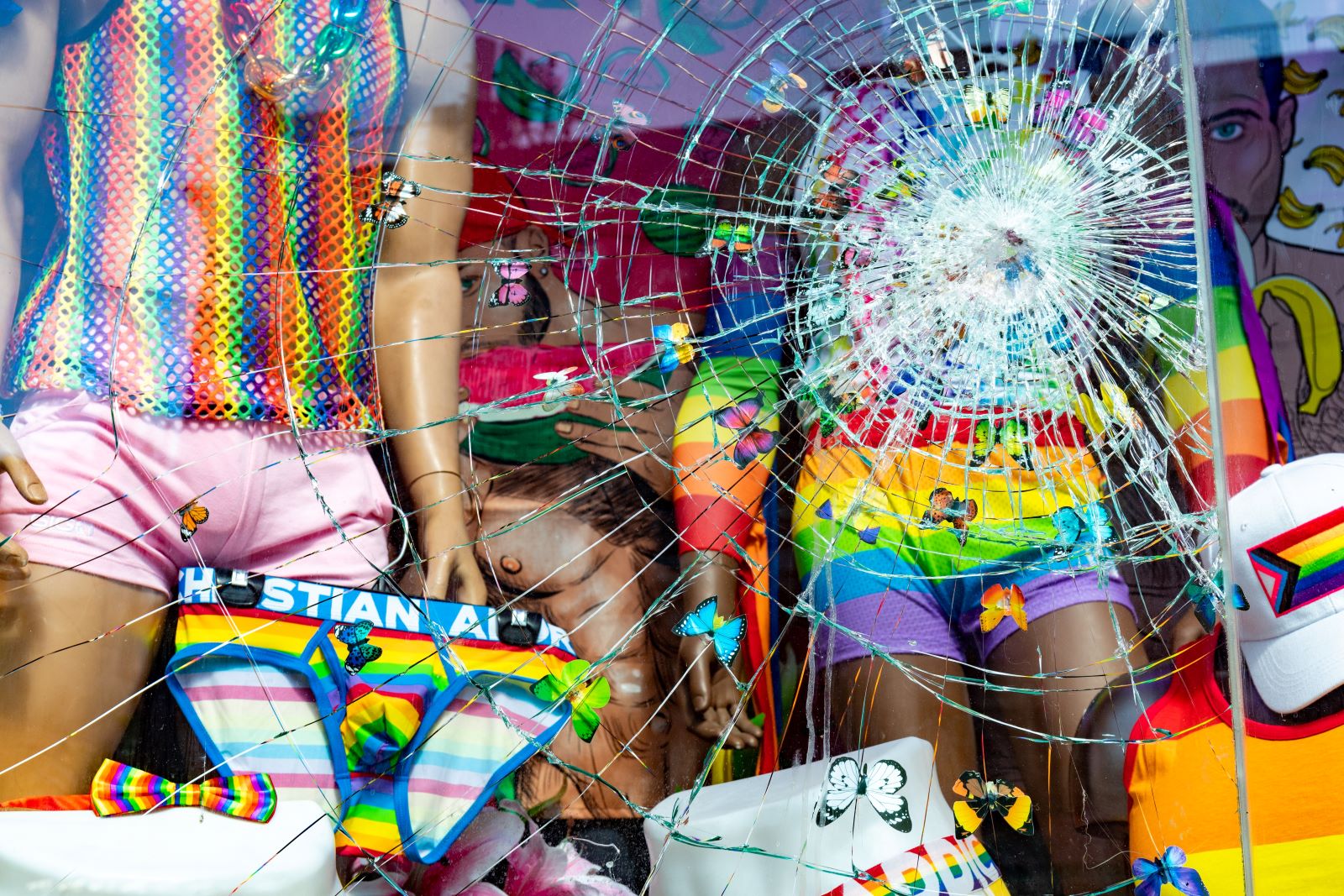
Despite evolving attitudes toward LGBTQ+ couples, same-sex individuals often encounter discrimination and harassment across various Indian communities.
Religious Opposition Overwhelms
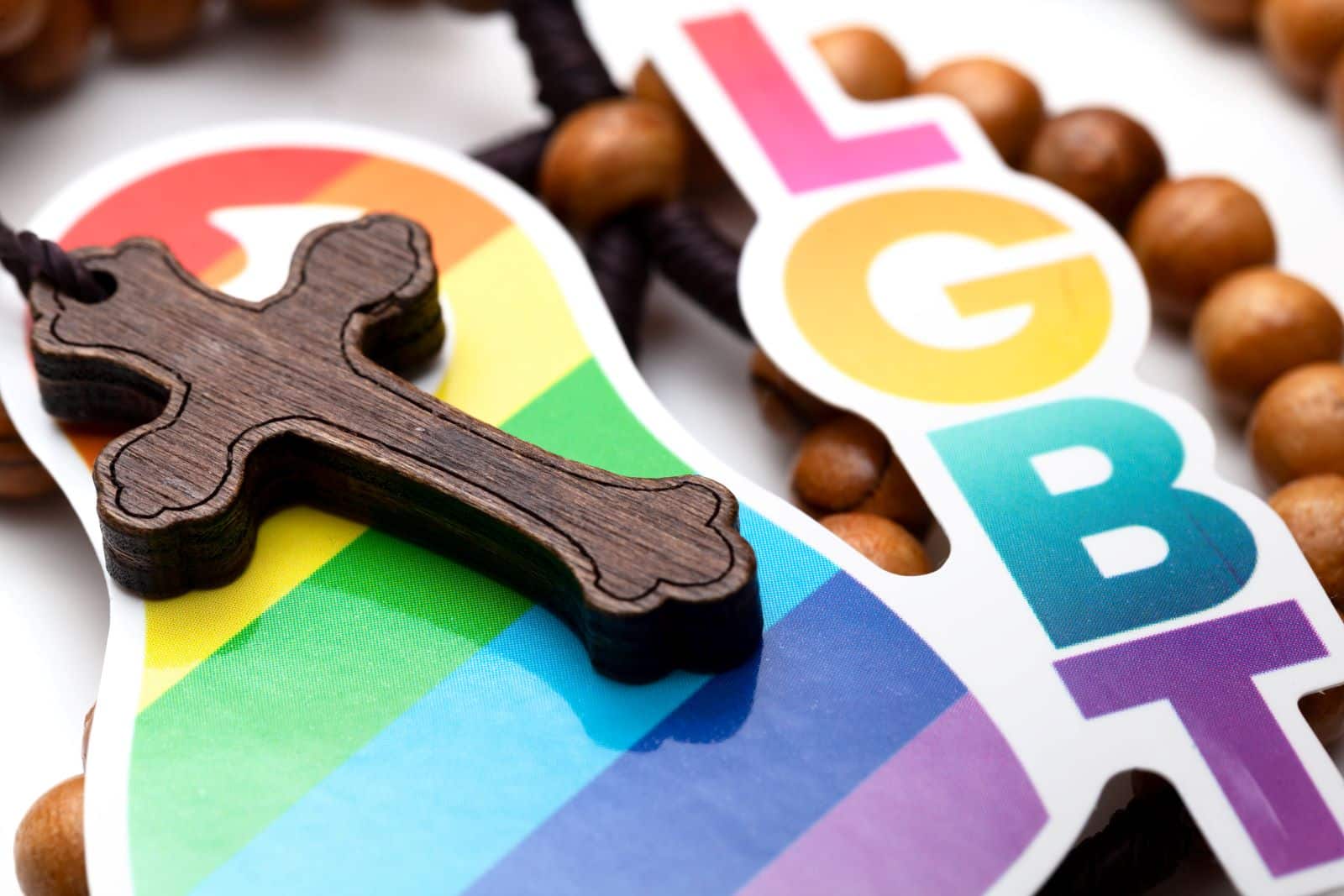
This includes Hindu, Muslim, and Christian societies.
However, there has been a notable shift in societal attitudes over the past few years, with an increase in acceptance of homosexuality.
135 Million People Left Behind
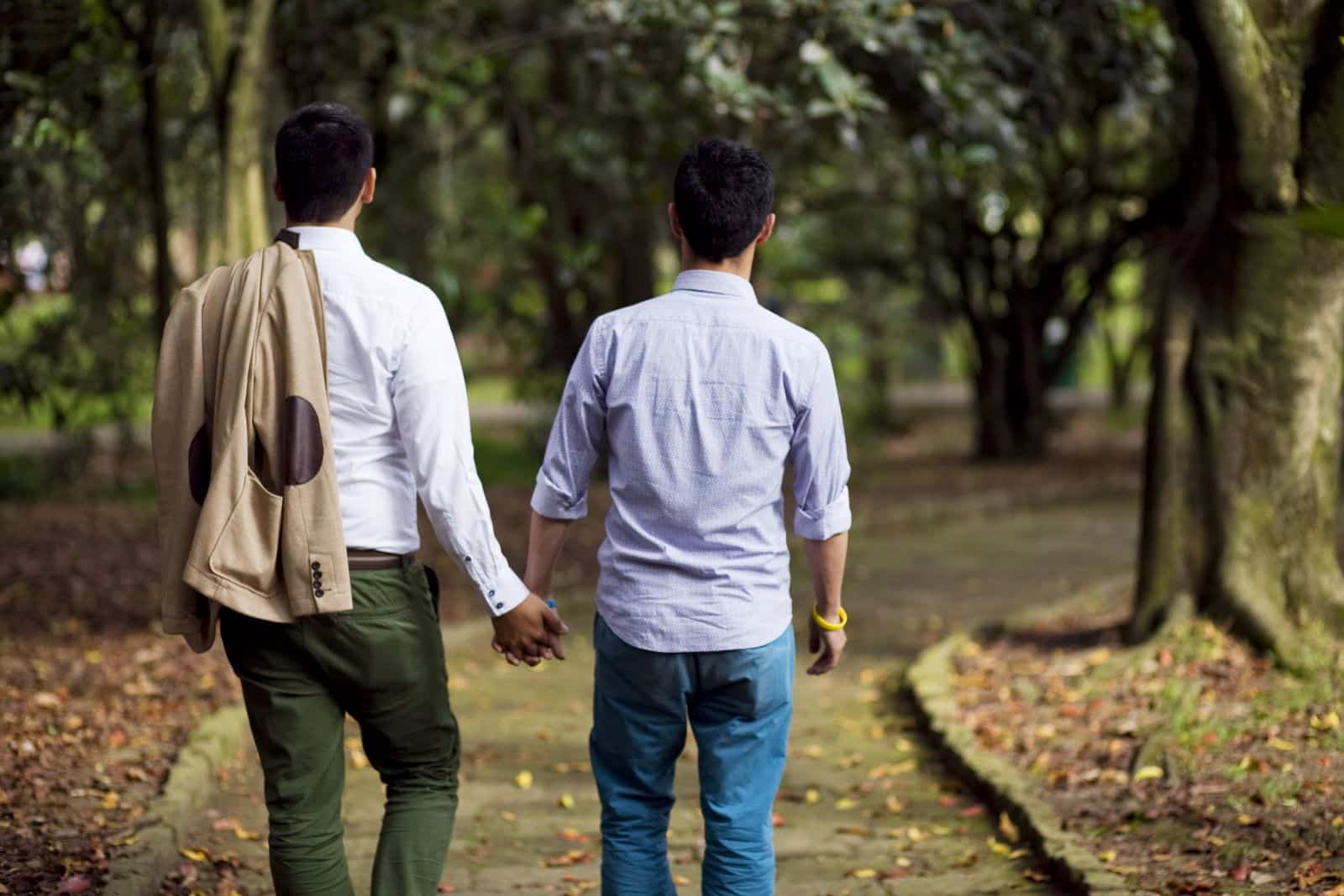
India’s LGBTQ+ population, estimated at around 135 million, has been making strides in achieving social recognition and equal rights.
Though the Supreme Court’s decision leaves their marriage aspirations unfulfilled, it’s clear that the fight for LGBTQ+ rights in India is far from over.
Taiwan Makes Moves

While India grapples with this issue, several other countries in Asia have made progress in recognizing same-sex marriages.
Taiwan became the first Asian jurisdiction to do so in May, and Nepal’s Supreme Court issued an interim order allowing the registration of same-sex marriages. It remains to be seen when Nepal’s court will make its final decision on the matter.
Pursuit of Equal Rights
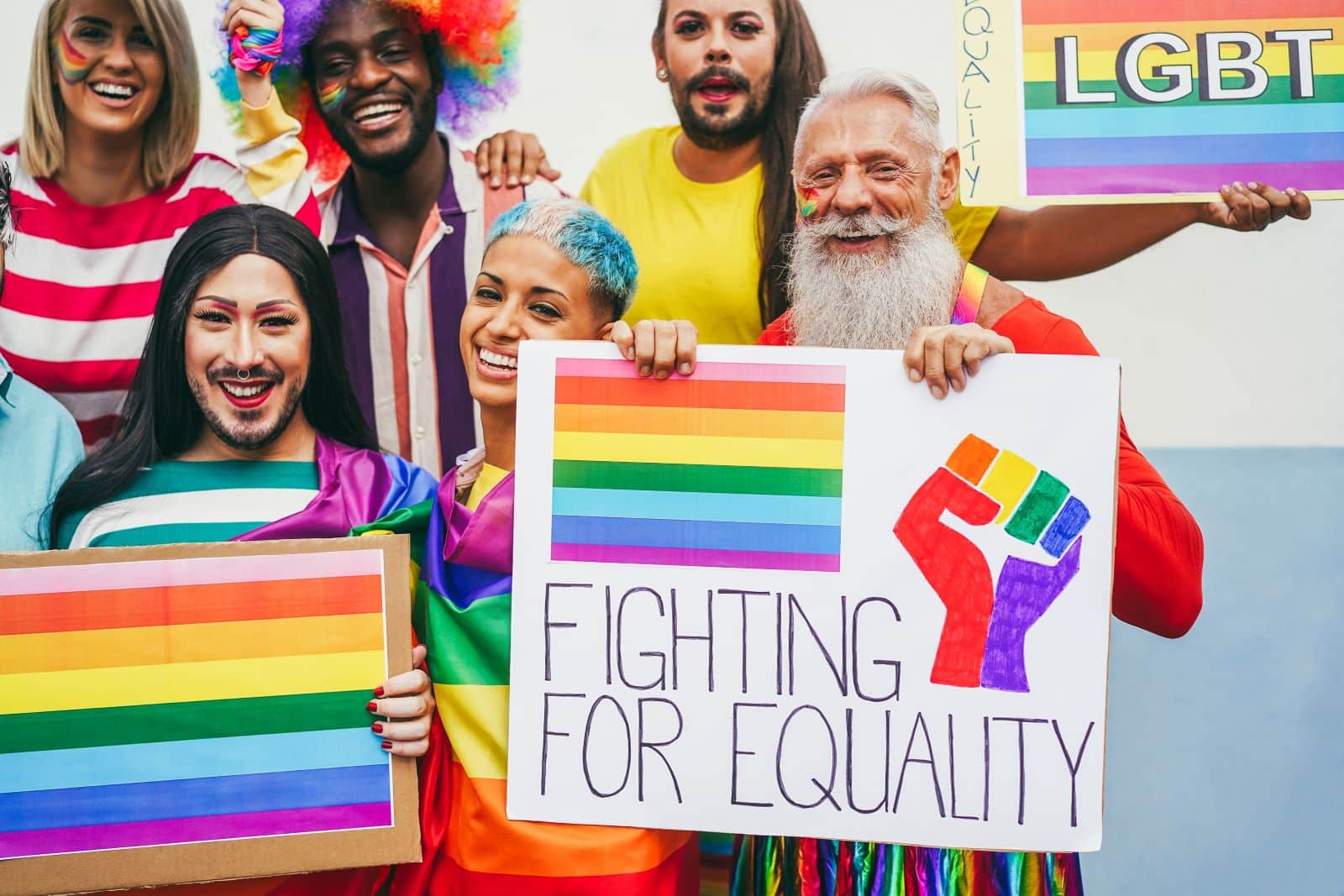
The legal recognition of same-sex marriage is an essential step in the pursuit of equal rights for all individuals, regardless of their sexual orientation.
The post India’s Supreme Court Faces Backlash for Controversial Same-Sex Marriage Position first appeared on Pulse of Pride
Featured Image Credit: Shutterstock / Martin Corr. The people shown in the images are for illustrative purposes only, not the actual people featured in the story.

